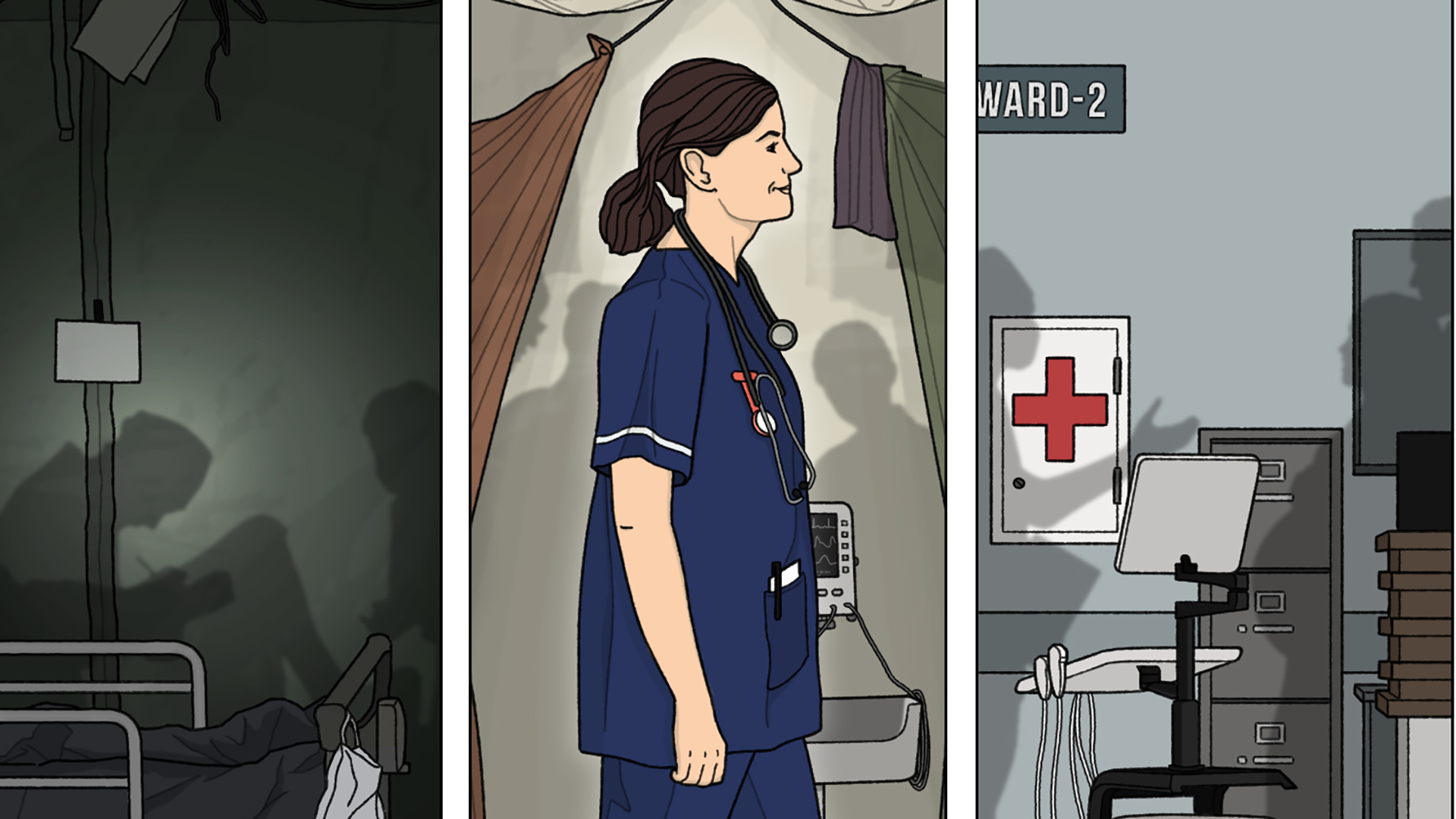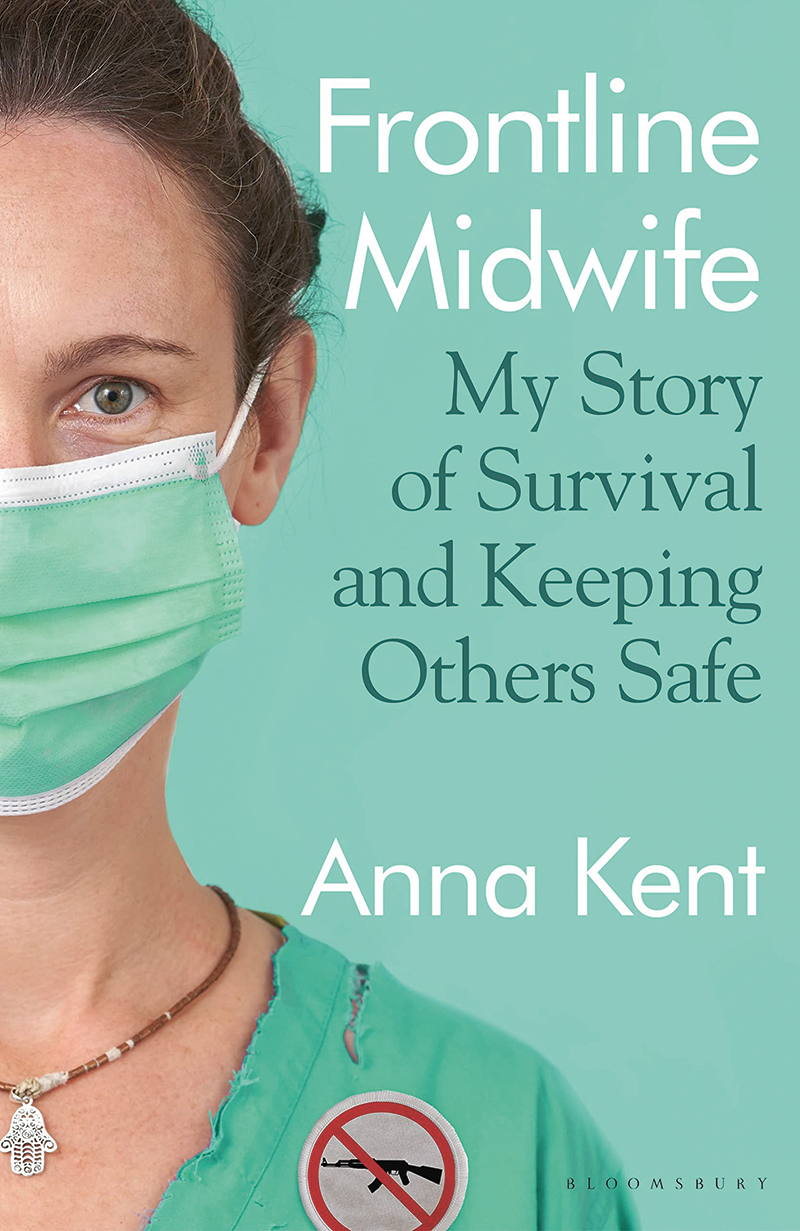Writing has saved my life. Because writing helps me know what I am thinking. I started to write letters to friends from around the age of five, talking about winning a teddy or a trip to the circus – happy experiences from my family life. I was also five when I saw Live Aid on TV and began my awareness that humanitarian atrocities like starvation could happen in the world. My understanding was child-like, but I knew I wanted to help. That feeling grew stronger with the next news of a devastating tsunami or earthquake.
My teenage diaries veered wildly from writing about my confusion and horror at the Gulf War to worrying about whether Ben would ask me to the school disco. My journal was becoming my safe space, my comfort blanket, my way of figuring out vastly different dilemmas.
At 26, I joined MSF (Médecins Sans Frontières or Doctors Without Borders) and went to war-torn South Sudan for one year as a nurse. Now, inside my one-man tent and by headtorch, I wrote about the patients I’d seen that day and my glimpses of their fragile lives. I’d offload about the woman I had seen during a lightning storm in the night, who had travelled for miles to show us her dead child, or my fear of the nearby landmine fields, my homesickness, the red cobras, how unbearable I found the midday heat of 50 degrees.
South Sudan was a dangerous place to be pregnant, and an estimated one in eight women died from childbirth. In one diary entry I describe an intense night, during a tropical thunderstorm, when I’d helped a woman, Nyawan, deliver her baby by the light of my headtorch. She had walked for days to reach us across swamps, and her long-term malnutrition and lack of access to health care meant she arrived in obstructed labour – so both her and her baby’s lives were in danger. Thankfully, with our medical intervention, baby Moses was born safely and Nyawan survived. My excited handwriting recounted the jubilant celebrations amongst her family members, the beaded belly chain they gave to me in thanks; how I vowed to become a midwife.
But my diary pages also held the stories of the people we couldn’t save; of babies who died from tetanus, of women who died from cholera, of children with such complex injuries that our basic
hospital just couldn’t save them.
A few years later, I was 30 and working again for MSF, a nurse and midwife in charge of all female and pregnancy health for a refugee camp of 30,000 stateless Rohingya people. This population had fled persecution in Myanmar, and our hospital was their only access to healthcare. After long, gruelling hours in the camp or hospital, I would spend my evenings writing; either in my diary about the extreme hardship women in the camp experienced, or a new proposal for a birth unit. This was a big project, it would take a whole new section of hospital to be built and staffed, but I was determined to make it happen. Ten years later, that maternity unit still runs and has around 100 safe births each month.










